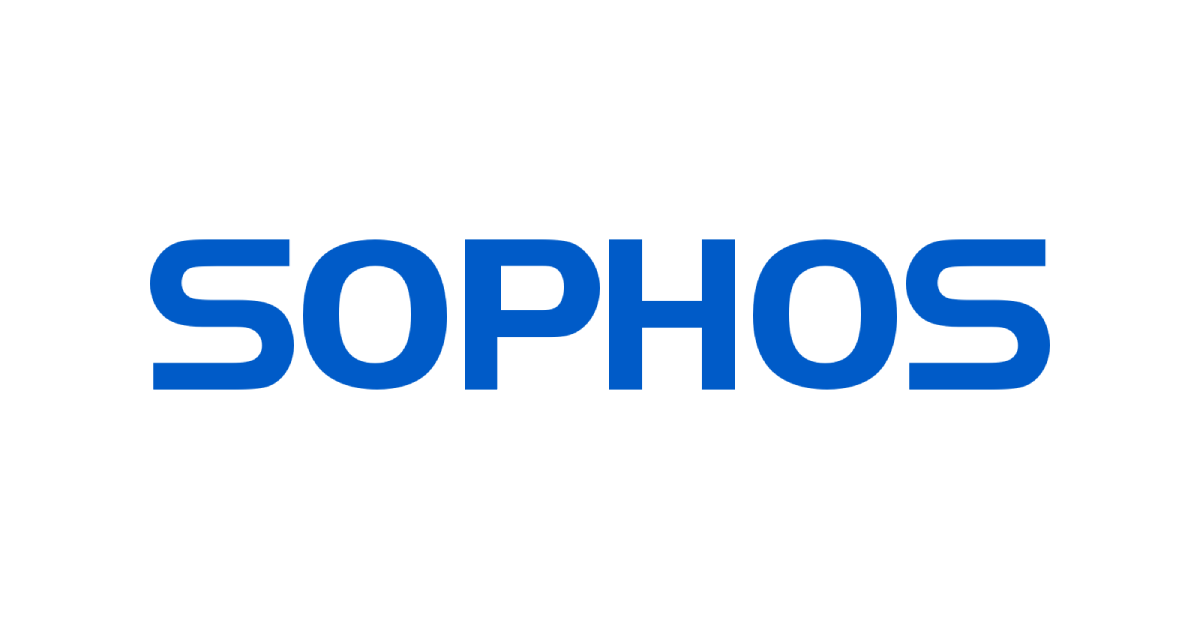The choice is yours. pfSense Plus for 139/year or YouTube Premium for 168/year. pfSence CE or YouTube with ads. Or you can spend the time looking for free alternatives. When they become more popular and paid - you'll have to do it again. Remember TeamViewer and AnyDesk? This is what is going to happen to free alternatives sooner or later. And you'll continue buying newer models iPhone, Pixel or Galaxy for $1000 without thinking too much because the alternatives are not as good.
Indeed, the choice is mine.
Hmmm, I don't use YouTube enough to care about ads.
Plus, my point is not wether I need to pay or not. It is the trustworthiness of who I choose to pay.
For me, I'll not give a nickel for pfSense after this move.
I'm a good consumer, I spend on odd things.
I don't spend much on software. When I do, I like some amount of certainty.
Cars, espresso machines, audio equipment? I'm a sucker for shiny new things!
At the end of the day, this is not something I need to run a business, make money, stay alive. If I spend time on it, I'm not at the dog track.


